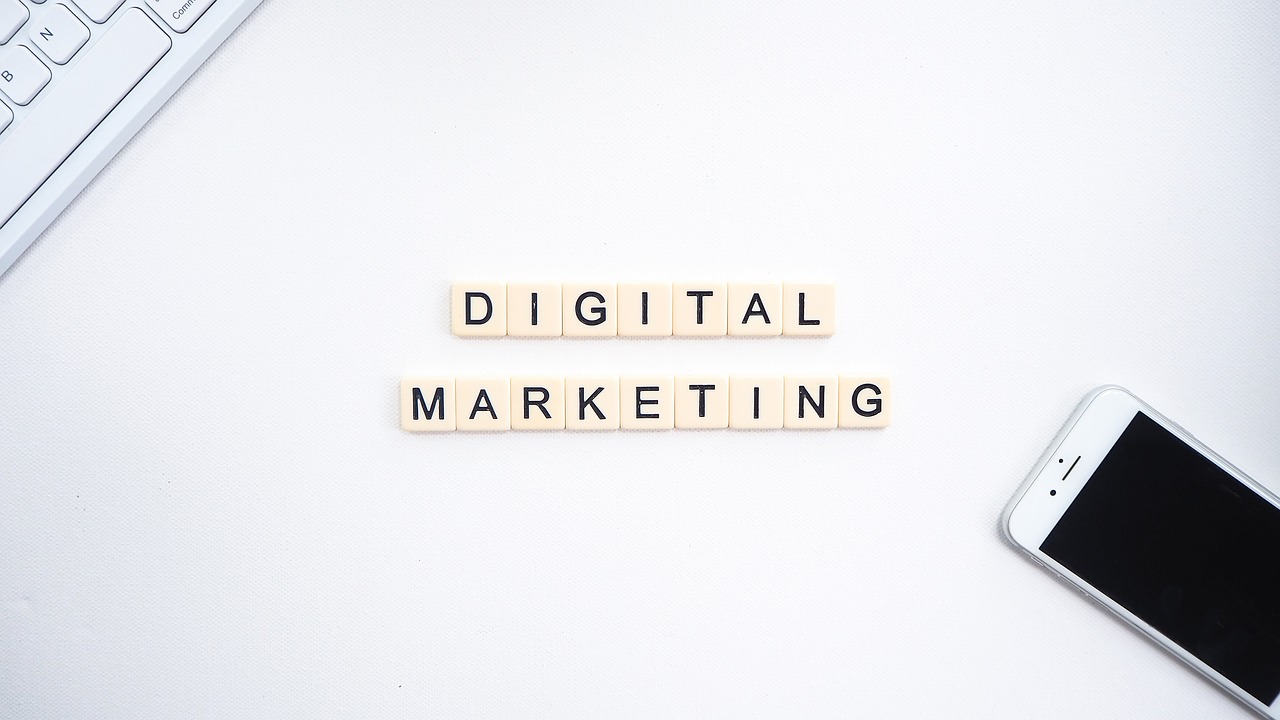In today’s fast-paced, technology-driven world, traditional marketing methods are rapidly being overshadowed by digital marketing. This shift reflects the ever-increasing presence of digital platforms in our daily lives. But what exactly is digital marketing, and why is it so crucial for businesses of all sizes? Let’s dive in. “What is digital marketing?”.
Understanding Digital Marketing
Digital marketing incorporates all marketing initiatives that utilize electronic devices or the internet. Companies leverage digital mediums such as search engines, social media, email, and websites to engage with current and potential customers. Fundamentally, digital marketing represents a broad overarching term that includes a range of online marketing techniques and approaches. “What is digital marketing?”.
Key Components of Digital Marketing
To better understand digital marketing, let’s break down its key components:
1. Search Engine Optimization (SEO)
SEO is the process of optimizing a website to achieve higher organic search rankings in search engine results pages (SERPs), thereby increasing natural (non-paid) traffic to the site. This involves implementing various on-page and off-page strategies, including keyword research, content development, link building efforts, and technical site improvements. “What is digital marketing?”.
2. Content Marketing
Content marketing focuses on creating, publishing, and distributing valuable content to attract and retain a clearly defined audience. The goal is to drive profitable customer action by providing relevant and useful content, such as blog posts, videos, infographics, and e-books. “What is digital marketing?”.
3. Social Media Marketing
Social media marketing utilizes platforms such as Facebook, Twitter, LinkedIn, Instagram and Pinterest to promote a brand and its content. This strategy intends to raise brand awareness, drive traffic and generate leads by engaging with a broad audience across social media. “What is digital marketing?”.
4. Pay-Per-Click (PPC) Advertising
PPC advertising is a model where advertisers pay each time one of their ads is clicked. In essence, it is a means of purchasing website traffic directly rather than attempting to earn visits organically. Google Ads is one of the leading PPC platforms, enabling businesses to develop ads that display on Google Search and additional Google online properties contingent upon relevant searches or content viewing, with charges accruing solely on the basis of clicks. “What is digital marketing?”.
5. Email Marketing
Email marketing involves sending targeted messages to your audience to promote your products, services, or content. It’s an effective way to nurture leads, build relationships with customers, and drive conversions. Techniques include personalized email campaigns, newsletters, and automated marketing emails. “What is digital marketing?”.
6. Affiliate Marketing
Affiliate marketing is a performance-based marketing approach in which businesses compensate affiliates, or partners, for directing traffic or sales to their website. Affiliates earn a commission for promoting the company’s products or services through their marketing activities. “What is digital marketing?”.
7. Influencer Marketing
Influencer marketing leverages individuals with a large following on social media or other platforms to promote your brand. Influencers can help you reach a wider audience and build trust with potential customers through authentic and relatable endorsements. “What is digital marketing?”.
8. Online PR
Online public relations (PR) involves securing coverage in online publications, blogs, and other digital media outlets. This can help improve your brand’s visibility and credibility, as well as drive traffic to your website.
Why Digital Marketing Matters
Digital marketing offers numerous benefits that make it essential for businesses today:
- Cost-Effective: Compared to traditional marketing methods, digital marketing often costs less and yields higher returns on investment (ROI).
- Measurable Results: Digital marketing provides clear, data-driven insights into campaign performance, allowing businesses to track and analyze their efforts in real time.
- Targeted Audience: With digital marketing, businesses can target specific demographics, interests, and behaviors, ensuring that their messages reach the right people.
- Global Reach: Digital marketing enables businesses to reach a global audience, breaking down geographical barriers and expanding their market reach.
- Engagement: Digital channels allow for two-way communication between businesses and their customers, fostering stronger relationships and customer loyalty.
Getting Started with Digital Marketing
Embarking on a digital marketing journey can be overwhelming, but breaking it down into manageable steps can help:
- Define Your Goals: Determine what you want to achieve with your digital marketing efforts, whether it’s increasing brand awareness, driving traffic, generating leads, or boosting sales.
- Identify Your Audience: Understand who your target audience is, what their needs are, and where they spend their time online.
- Choose Your Channels: Based on your goals and audience, select the digital marketing channels that will be most effective for your strategy.
- Create a Strategy: Develop a comprehensive digital marketing plan that outlines your tactics, budget, and timeline.
- Implement and Monitor: Execute your strategy, track your results, and make data-driven adjustments to optimize your campaigns.
Conclusion
The field of digital marketing is constantly evolving and provides substantial opportunities for businesses to expand and succeed in today’s digital landscape. By comprehending its core elements and effectively implementing appropriate strategies, one can successfully connect with and engage their audience, increase website traffic, and ultimately accomplish organizational objectives. Both emerging companies and large corporations would be well served to embrace digital marketing, as its adoption is now essential rather than optional for maintaining competitiveness and significance in the current commercial environment.

